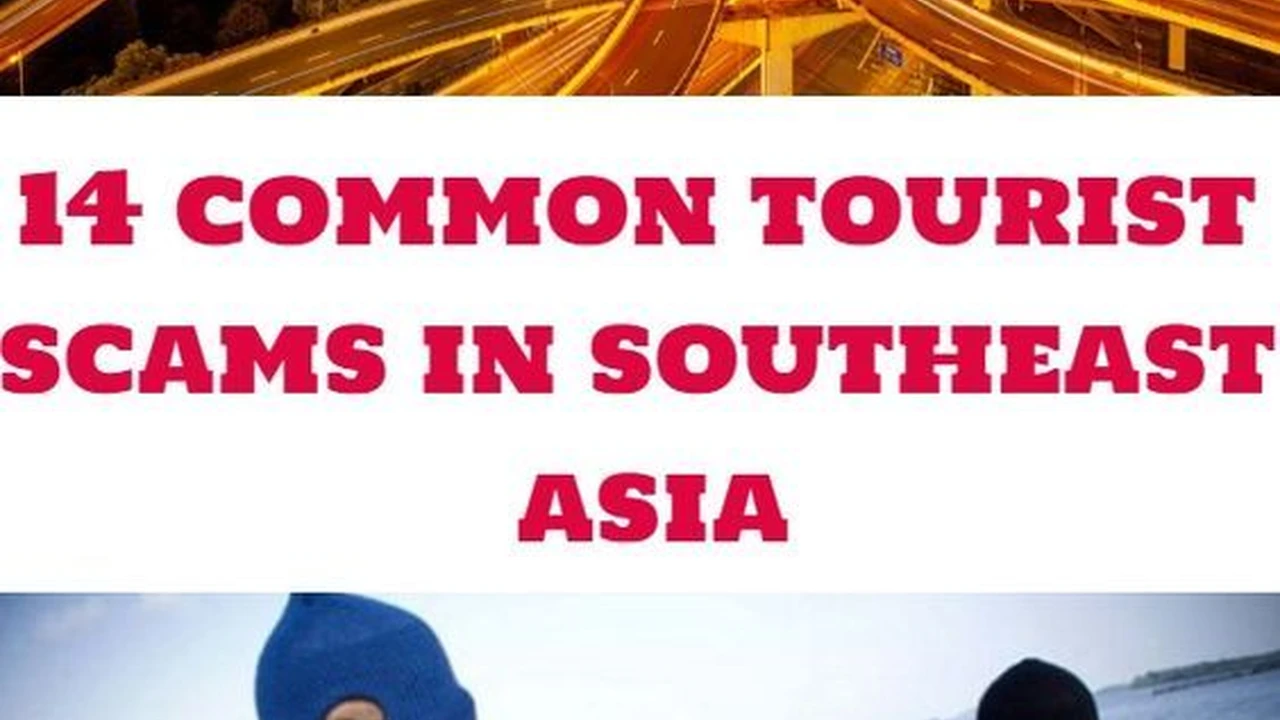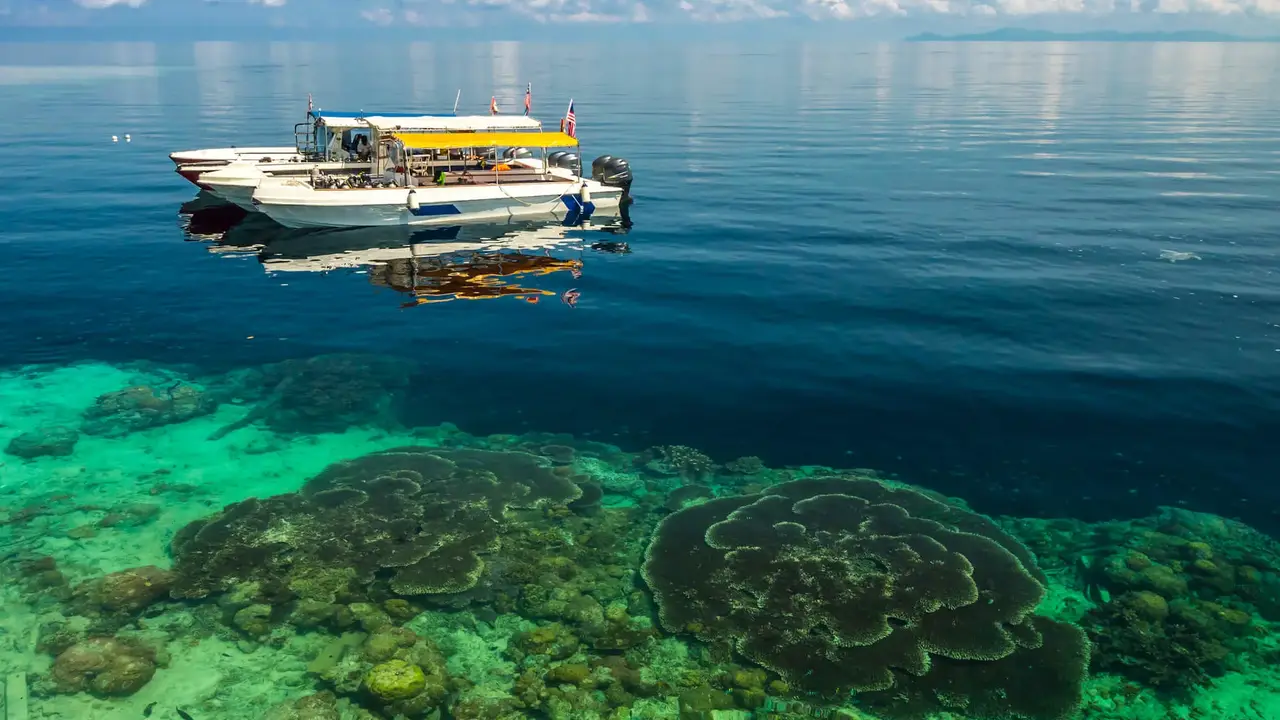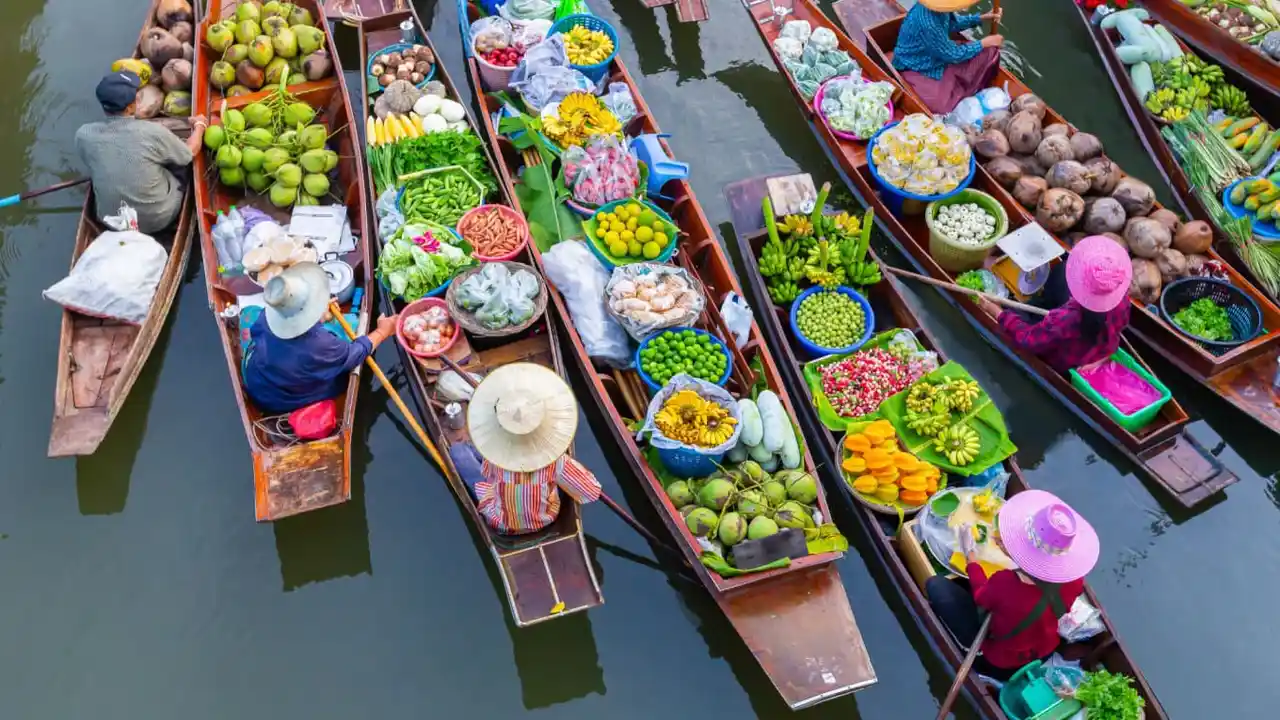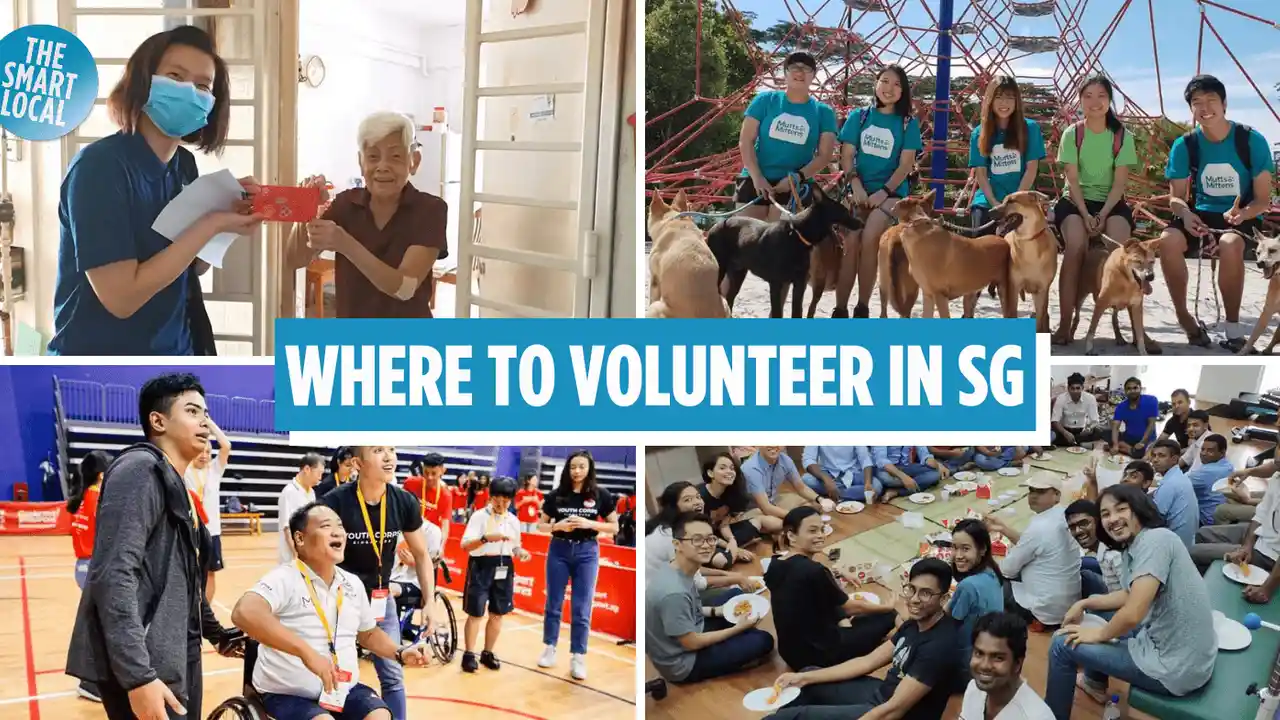Southeast Asia: How to Avoid Transportation Scams

Understanding Common Transportation Scams in Southeast Asia
Southeast Asia is an amazing place to travel, filled with stunning landscapes, delicious food, and vibrant cultures. However, like any popular tourist destination, it also has its share of scams, particularly when it comes to transportation. Being aware of these scams can save you a lot of money and frustration. Let's dive into some of the most common ones:
Taxi and Tuk-Tuk Scams
These are probably the most frequent scams you'll encounter. Here's what to watch out for:
- Meter Tampering: The meter runs way too fast, or it's rigged to start at a ridiculously high price.
- "Broken" Meter: The driver claims the meter is broken and tries to negotiate a higher fare. Always insist on a working meter or negotiate a price beforehand.
- Long Routes: Taking you on a circuitous route to rack up the fare. Use a GPS app to track the route and make sure it's reasonable.
- Fake Surcharges: Adding extra charges for luggage, tolls (that don't exist), or "night fares" even during the day. Always clarify all potential charges before starting the ride.
- The "Closed" Hotel/Attraction: The driver claims your hotel or attraction is closed and tries to take you to a different (often overpriced) one where they get a commission. Always double-check with your hotel or attraction beforehand.
Motorbike Rental Scams
Renting a motorbike can be a great way to explore, but it also comes with risks:
- Damage Scams: The rental company claims you damaged the bike when you didn't. Take photos and videos of the bike's condition before you rent it, paying close attention to any existing scratches or dents. Get them to sign off on the pre-existing damage.
- "Lost" Passport: They hold your passport as collateral and then claim you damaged the bike, demanding a large sum of money to get it back. Try to negotiate using a copy of your passport instead. If they insist on the original, choose another rental place.
- Fake Police: Someone posing as a police officer stops you and demands a bribe for some fabricated offense (usually related to not having the correct paperwork or helmet). Always ask to see their identification and contact the actual police if you suspect a scam.
- Insurance Issues: Thinking you have insurance coverage when you actually don't, leaving you liable for any damages. Read the fine print carefully and understand what is covered.
Bus and Train Ticket Scams
Even public transport isn't immune to scams:
- Overselling Tickets: Selling more tickets than there are seats available, leading to overcrowding and discomfort. Book tickets in advance, especially during peak season, and buy from reputable sources.
- Fake Tickets: Selling counterfeit tickets that are worthless. Buy tickets directly from the official ticket office or a trusted travel agent.
- Baggage Theft: Thieves stealing luggage from the baggage compartment or overhead racks. Keep valuables with you and keep an eye on your belongings.
- "Forced" Stopovers: The bus or train makes an unscheduled stop at a restaurant or shop where the drivers receive a commission for bringing in customers. You're pressured to buy overpriced food or souvenirs. Bring your own snacks and drinks.
Protecting Yourself From Transportation Scams Practical Tips for Safe Travel
Now that you know what to watch out for, here are some practical tips to protect yourself:
- Do Your Research: Read reviews and research transportation options before you arrive. Know the average fares and travel times.
- Negotiate Prices: Always negotiate the fare before getting into a taxi or tuk-tuk, especially if there's no meter.
- Use Ride-Hailing Apps: Apps like Grab (Uber is not available in most of SEA) offer fixed fares and track the route, reducing the risk of scams.
- Pay with Small Bills: Avoid using large bills, as drivers may claim they don't have change and overcharge you.
- Trust Your Instincts: If something feels off, it probably is. Don't be afraid to walk away and find another option.
- Be Assertive: Don't be afraid to speak up and challenge anything that seems suspicious.
- Inform Others: Let someone know your travel plans and expected arrival time.
- Keep Copies of Important Documents: Keep copies of your passport, visa, and other important documents in a separate location from the originals.
- Stay Aware of Your Surroundings: Be vigilant and pay attention to what's happening around you.
- Report Scams: Report any scams to the local authorities or tourist police.
Recommended Products for Safer Transportation in Southeast Asia Must-Have Travel Gear
Here are a few products that can help you navigate transportation in Southeast Asia more safely and comfortably:
Travel Backpacks with Anti-Theft Features Best Anti-Theft Backpacks for Southeast Asia Travel
A good travel backpack with anti-theft features is essential for keeping your belongings safe on buses, trains, and in crowded areas. Look for backpacks with lockable zippers, hidden compartments, and slash-proof materials.
- Pacsafe Venturesafe EXP45: This backpack features eXomesh slashguards, lockable zippers, and RFID blocking technology. It's a great all-around option for security and comfort. Price: Around $200.
- Travelon Anti-Theft Classic Backpack: This backpack is more affordable than the Pacsafe but still offers excellent anti-theft features, including slash-resistant panels and locking compartments. Price: Around $100.
- XD Design Bobby Anti-Theft Backpack: Known for its sleek design and hidden zippers, this backpack is a stylish and secure option. Price: Around $120.
Usage Scenario: Use these backpacks on long bus rides, train journeys, and when exploring crowded markets or tourist attractions. Keep your valuables, such as your passport, phone, and wallet, in the secured compartments.
Comparison: The Pacsafe offers the most robust security features but comes at a higher price. The Travelon is a good balance of security and affordability. The XD Design Bobby is the most stylish but may not be as spacious as the other two.
Portable Luggage Scale Avoid Overweight Baggage Fees with a Luggage Scale
Avoid overweight baggage fees by weighing your luggage before you get to the airport. A portable luggage scale is a small but useful tool.
- Etekcity Digital Luggage Scale: This scale is accurate, easy to use, and can weigh up to 110 pounds (50 kg). Price: Around $10.
- Samsonite Luggage Scale: A reliable option from a trusted brand. Price: Around $15.
Usage Scenario: Use this scale before heading to the airport to ensure your luggage meets the weight restrictions. This can save you money and hassle at the check-in counter.
Comparison: Both scales are similar in functionality and price. The Etekcity is a popular choice due to its affordability and accuracy. The Samsonite offers the added assurance of a well-known brand.
Travel-Sized Padlocks Securing Your Belongings with Travel Padlocks
Travel-sized padlocks can be used to secure your luggage, lockers, or even your backpack zippers.
- Master Lock TSA Approved Luggage Locks: These locks are TSA approved, meaning airport security can open them without damaging them. Price: Around $10 for a pack of two.
- Lewis N Clark TSA Luggage Lock: Another reliable TSA-approved lock. Price: Around $8 each.
Usage Scenario: Use these locks to secure your luggage when leaving it unattended in hotel rooms, hostels, or on buses and trains. Also, use them to lock backpack zippers in crowded areas.
Comparison: Both locks are TSA approved and offer similar levels of security. The Master Lock is a well-known brand, while the Lewis N Clark is a slightly more affordable option.
GPS Tracker Keep Track of Your Belongings with a GPS Tracker
A GPS tracker can help you locate your luggage or other valuable items if they are lost or stolen.
- Apple AirTag: If you're an Apple user, the AirTag is a simple and effective way to track your belongings. Price: Around $29 each.
- Tile Mate: Compatible with both iOS and Android, the Tile Mate is a versatile tracking option. Price: Around $25 each.
Usage Scenario: Attach a GPS tracker to your luggage or other valuable items. If they are lost or stolen, you can use the tracker to locate them.
Comparison: The AirTag is designed specifically for Apple users and integrates seamlessly with the Apple ecosystem. The Tile Mate is compatible with both iOS and Android and offers a wider range of features.
Staying Safe on Motorbikes in Southeast Asia Motorcycle Safety Tips
Riding a motorbike is a popular way to get around in Southeast Asia, but it can also be dangerous. Here are some tips for staying safe:
- Wear a Helmet: Always wear a helmet, even if it's not required by law.
- Check the Bike: Inspect the bike before you rent it to make sure it's in good working condition. Check the brakes, tires, lights, and mirrors.
- Drive Defensively: Be aware of your surroundings and drive defensively. Expect the unexpected.
- Avoid Driving at Night: Driving at night can be more dangerous due to poor visibility and drunk drivers.
- Be Careful in the Rain: The roads can be slippery when it rains. Slow down and be extra cautious.
- Get Travel Insurance: Make sure your travel insurance covers motorbike accidents.
Using Ride-Hailing Apps Like Grab in Southeast Asia A Convenient and Safe Option
Ride-hailing apps like Grab are a convenient and safe way to get around in many Southeast Asian cities. Here's why:
- Fixed Fares: You know the fare upfront, so there's no need to negotiate.
- Tracked Routes: The app tracks the route, so you can be sure the driver is taking the most direct way.
- Driver Ratings: You can see the driver's rating before you book a ride.
- Payment Options: You can pay with cash or credit card.
By following these tips and being aware of the potential scams, you can have a safe and enjoyable travel experience in Southeast Asia.
:max_bytes(150000):strip_icc()/277019-baked-pork-chops-with-cream-of-mushroom-soup-DDMFS-beauty-4x3-BG-7505-5762b731cf30447d9cbbbbbf387beafa.jpg)






